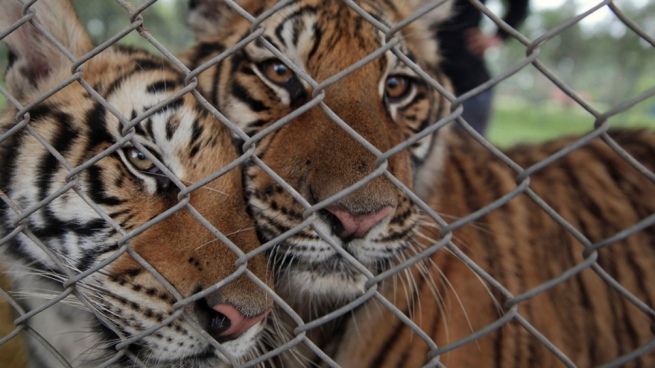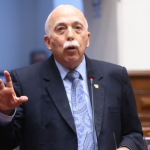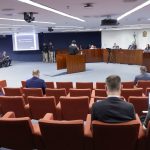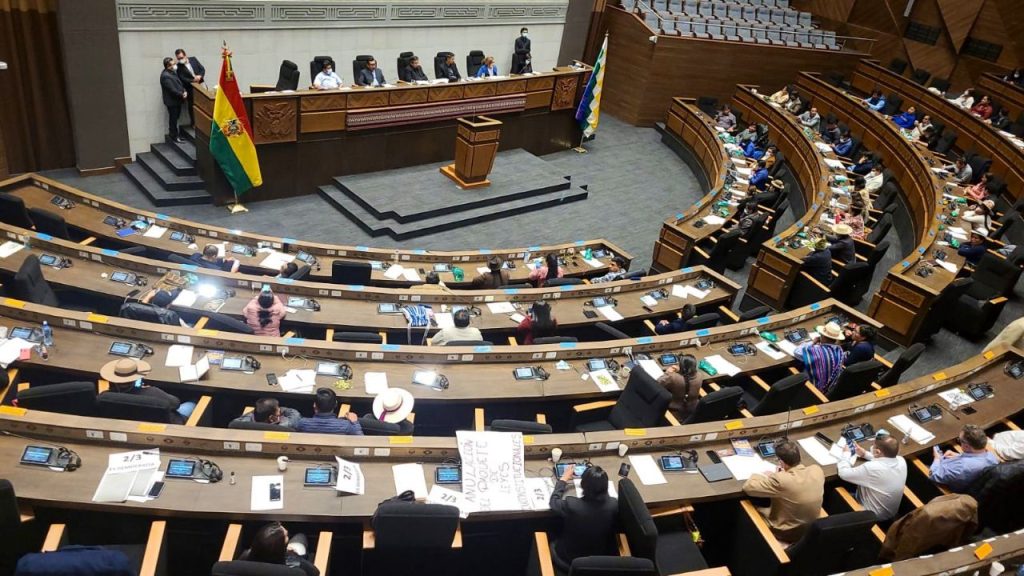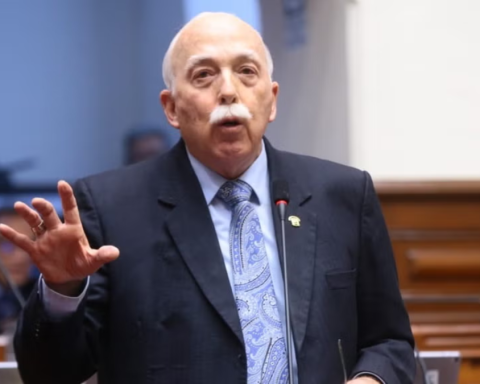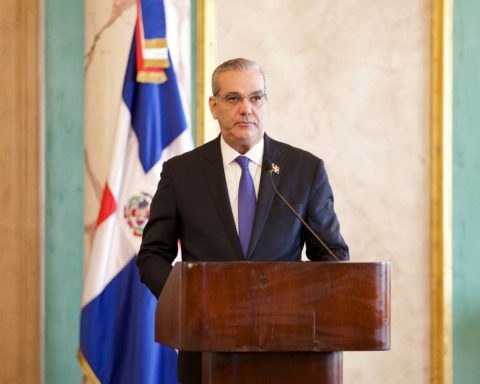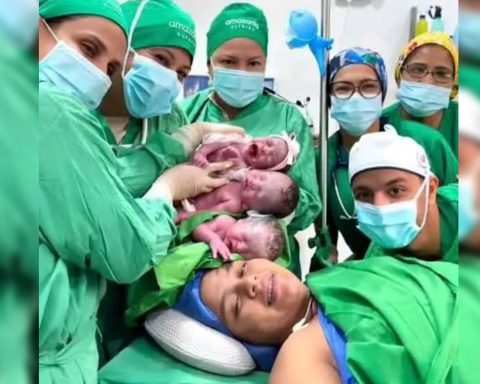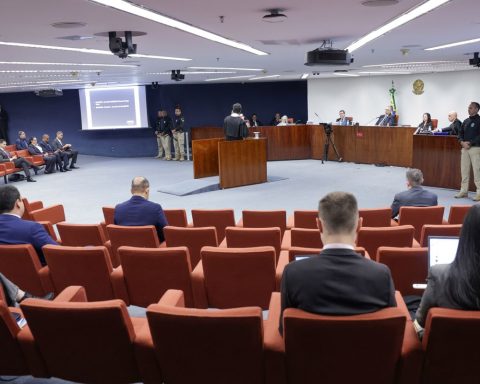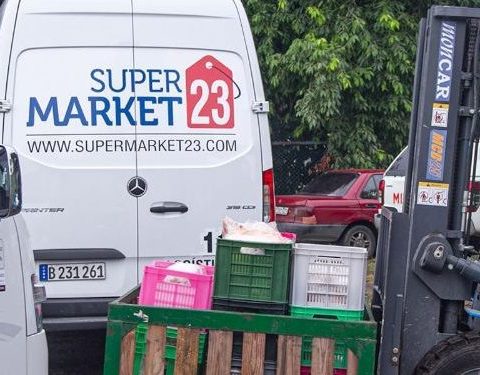The discussion of a national regulation on the existence of zoos and aquariums as they are known with the aim of achieving animal welfare, It was initiated by the Ministry of the Environment in order to “discard those practices of dominant positions that exist over the species.”
The first talk on animal welfare was chaired by Minister Juan Cabandié and was attended by members of various Argentine and foreign entities that are dedicated to the conservation of species together with specialists and environmentalists.
“We have to reconvert zoos, we have to overcome and discard those practices of a dominant position that we have over animals, that is a social construction and we have to take steps to begin to deconstruct them “, Cabandié said.
The minister also stressed that “aquariums are also undoubtedly one of the central points that we have to put into discussion, there is no reason for humans to attend public shows with animals. They have incentives to be able to move and make such grace and in fact it is about their food and they live in very small places, that is sad to happen “.
For Cabandié it will be necessary “contemplate different voices” and generate “an overcoming synthesis” to modify the legislation and added that “zoos were closed by provincial regulations but there is no national regulation in this regard.”
The idea of the Ministry is to start in February next with this series of meetings cwith the objective of reaching a consensus on a law that integrates the new concepts that exist on animal welfare.
Juan Enrique Romero, former director of the Buenos Aires Zoo, stressed that “zoos as they are designed are out of date, they have animal mannequins, because no giraffe lives in Palermo, trying to teach zoology separately from botany is not good. Plants are integrated with animals and they belong to a gear “.
The current director of the National Program for Responsible Ownership and Health of Dogs and Cats, indicated that “biologically alive and ecologically dead animals exist because they are not in their natural habitat, they recognize their caretakers but take them out of their environment for reasons of mascotism or trafficking to propose them in a zoo.”
“We have to create a law that changes the status of legal animals, wild animals do not have an owner and have the tutelage of the State,” he remarked.
For his part, Pablo Sirovsky, vice president of the Santa Fe Fauna Coordinating BodyHe assured that his province “suffers the transit of fauna and traffic, such as the loss of habitat and road accidents or animals exposed to the excessive use of agrochemicals, which positions the provinces in rescue situations.”

“Some animals in rescue are going to spend the rest of their days in those centers, which become zoos. The idea of reconversion of zoos must be addressed, not with their disappearance, they play a very important role, you have to look at them and make a copy. creative of them, “he maintained.
Vanesa Astore, from the Bioandina Foundation, stressed that “we are dedicated to the introduction of the Andean condor to its natural habitat and we have to say that lately we are picking up corpses, not animals, given the state in which they are found” and added that there are lead bullets chasing the animals, no there are green bullets. “
While another group of specialists expressed their position contrary to aquariums especially Mundo Marino, where “Cetaceans are enslaved and kidnapped, not rescued.”
